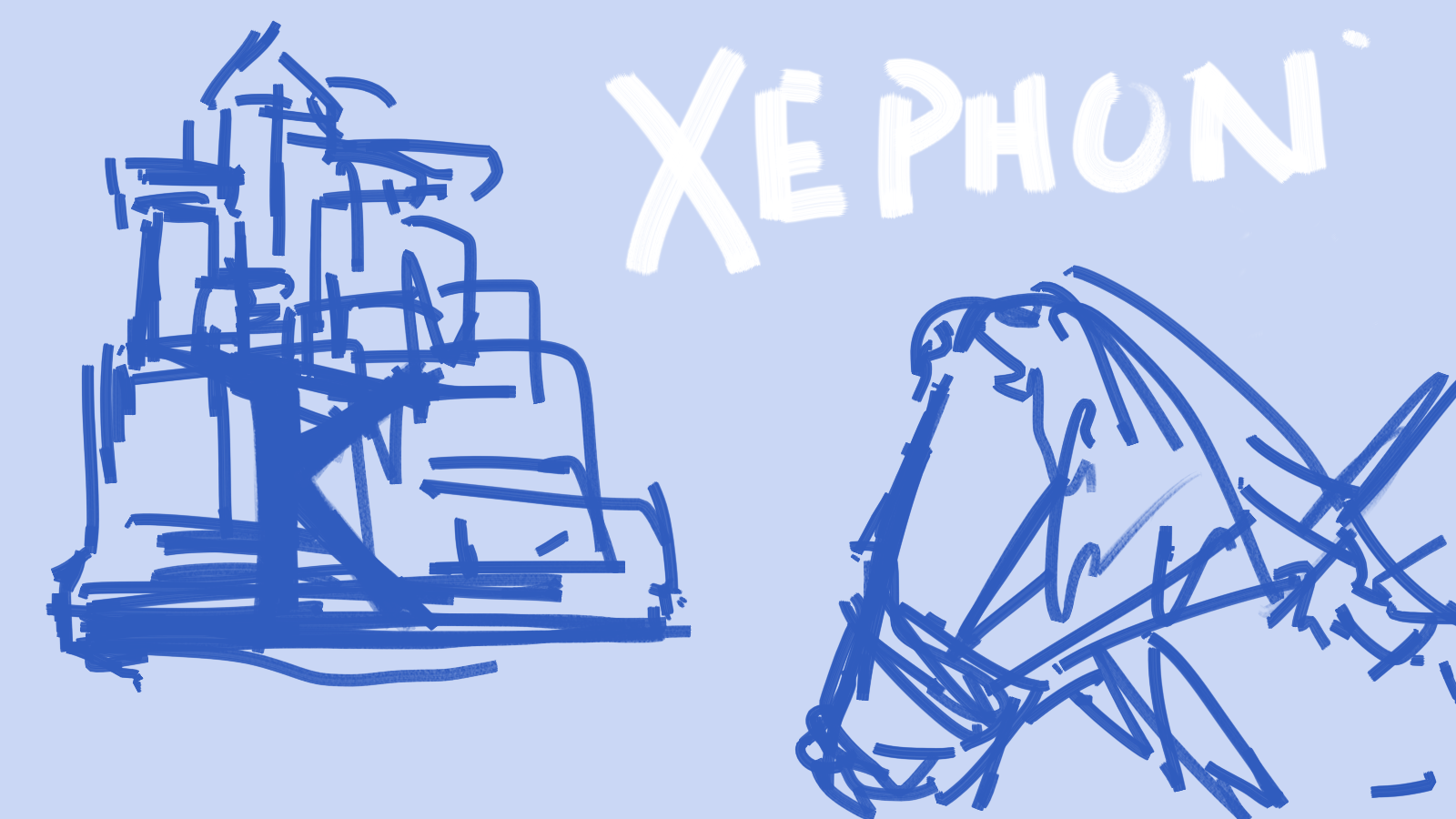Xephon-K
Xephon-K is a time series database with multiple backends. It's a playground for comparing modern TSDB design and implementation. It is not for production use, but it can show you simplified implementation of popular TSDBs. A detailed (but not well organized) survey can be found in doc/survey.
- status: Under major rewrite, after libtsdb-go is stable and benchhub is usable (again), all old code are moved to _legacy
- Slide: Xephon-K A Time Series Database with multiple backends
- Survey on existing Cassandra based TSDBs (now include TSDB with other backends)
Supported backend
- In Memory
- Local disk, modeled after InfluxDB
- Cassandra, modeled after KairosDB, but the partitioned schema is not implemented
Following are some backends I plan to implement in the future
- RocksDB
- Redis
- MySQL, modeled after VividCortex
- S3 + Dynamo, modeled after weaveworks' cortex
Related projects
- Awesome list awesome-time-series-database
- Benchmark suite xephon-b Might still compile
About
- Xephon comes from animation RahXephon, which is chosen for Xephon-B
- K comes from KairosDB because this project is originally modeled after KairosDB, which is also the first TSDB I have used in production.











